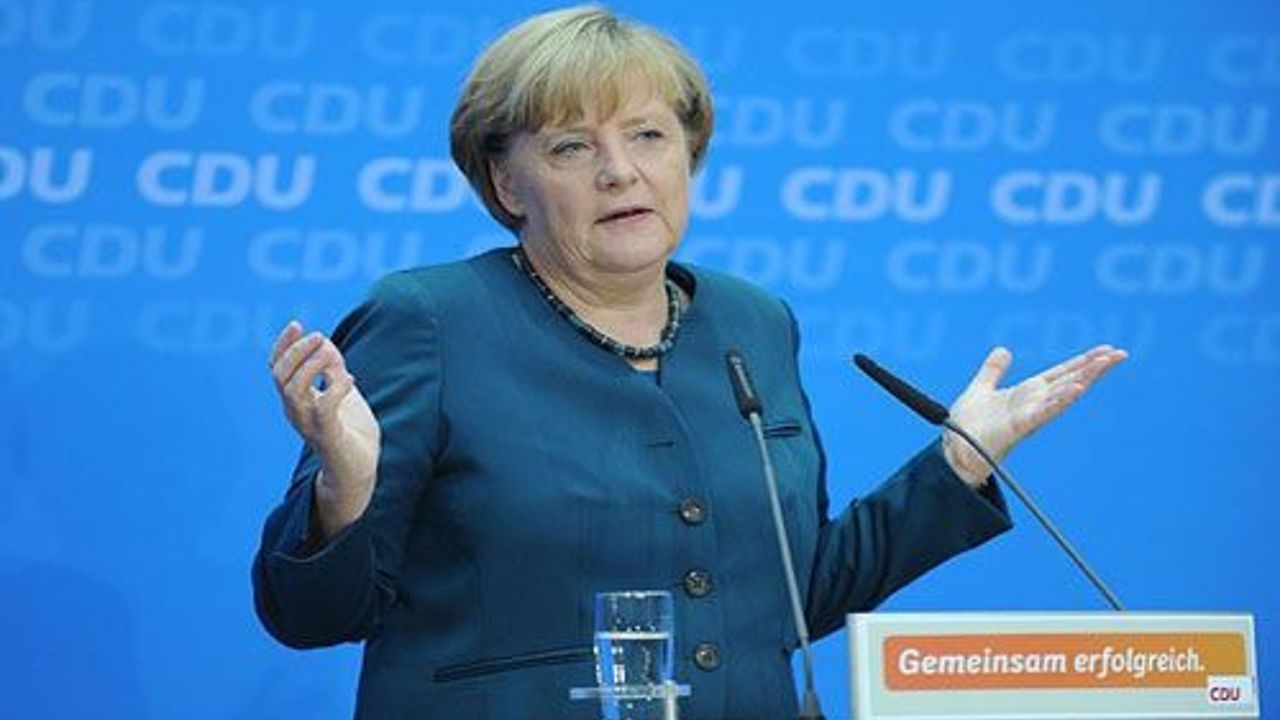Germany, 'Second round of coalition talks set for Oct. 14'
Angela Merkels conservatives and the SPD agreed to continue discussions on the possibility of forming a coalition government.

Leading members of Chancellor Angela Merkel’s conservatives and the opposition Social Democrats agreed on Friday to continue discussions on the possibility of forming a coalition government. Andrea Nahles, Secretary General of the Social Democratic Party (SPD) told journalists that the parties agreed to hold next round of exploratory talks on October 14. During the three hours long meeting, the parties have identified the major issues, both the points of consensus and contention, Nahles said. “Further discussions are necessary,” she added. The participants agreed to keep the details of the meeting confidential, and did not provide more information. The negotiation teams of the CDU/CSU alliance and the SPD met on Friday for the first time after the September 22 elections. The preliminary talks are expected to continue for at least two more weeks. During the exploratory talks each party is represented by 7 members. Chancellor Merkel heads the Christian Democratic Union (CDU) delegation and Bavaria's Prime Minster Horst Seehofer leads the delegation of the CDU’s sister party CSU (Christian Social Union).The negotiation team of Social Democrats is led by SPD chairman Sigmar Gabriel. The conservative CDU-/CSU alliance and Social Democrats have deep differences on key policy issues, including the SPD’s election promise of increasing tax rates for the wealthy and introducing minimum-wage.
Merkel’s conservatives already declared that their preference is for a grand coalition with the SPD, but CDU/CSU is also planning to hold preliminary talks with the Green Party. The meeting with the Greens is expected to take place on Thursday.
The Green Party won 63 of the 630 seats in the Bundestag and a possible coalition with them will enable Merkel’s CDU/CSU alliance to gain absolute majority at Bundestag, the lower house of the Parliament. The CDU/CSU alliance has won 311 seats, and the main opposition, SPD, 192 seats.
For a stable and strong government, Chancellor Merkel still needs the support of the SPD .The main opposition party currently dominates the Bundesrat, the upper house of the German parliament.
If preliminary talks between the CDU/CSU and the SPD would end with success this month, the SPD will gather its mini party convention and would decide whether or not to move forward with “formal coalition negotiations” with the CDU/CSU alliance.
At the end of the formal negotiations, any preliminary agreement with the CDU/CSU still has to be approved by the 470,000 members of the SPD in a mini-referendum.
Social Democrats underline that they expect possible negotiations to take a long time and the formation of a new coalition government may even be extended to January.
According to the constitution, the current cabinet of Chancellor Angela Merkel will continue to serve as a caretaker, up until the new coalition government is formed.







